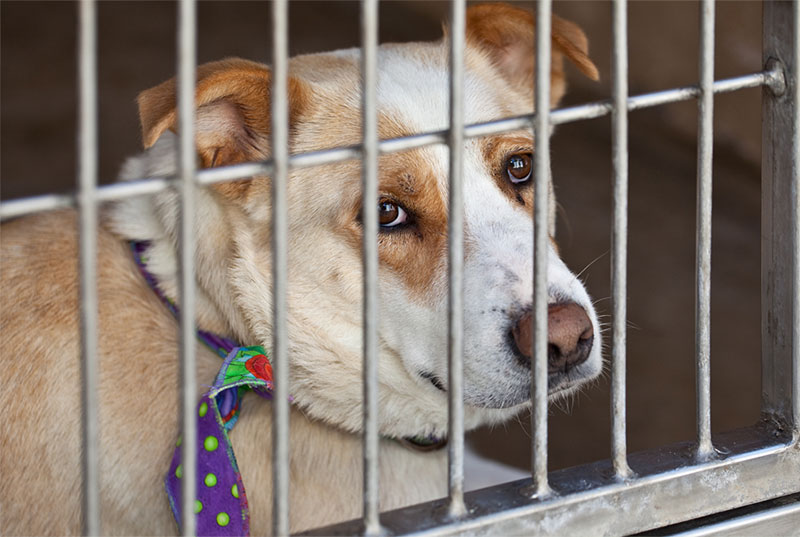Assessing Your Local Animal Shelter
Animal shelters significantly differ in size, purpose, capacity, and how they treat the animals under their care. They can be managed by various entities, including government bodies, local humane societies, private individuals, or a combination. While some are funded purely by donations, others receive taxpayer funds. In some cases, tax funding comes with stipulations, such as the requirement to surrender some animals for experimentation – a policy known as “pound seizure.” It is crucial to advocate against such practices.
If you have concerns about your local shelter, we encourage a personal visit to assess the conditions. Carry a camera to document the state of the animals and their living conditions. Find out which euthanasia methods are employed. While The Fuzzy Pet Foundation primarily advocates for euthanasia via intravenous injection of sodium pentobarbital, the most humane form of gassing is from a compressed cylinder gas.
Checklist for a Well-Managed Shelter
Consider how your local shelter measures up. A responsible, compassionate animal shelter should possess:
– A compassionate, trained staff
– A sick ward and isolation area for ill animals
– Pre-adoption home checks and follow-up programs
– A humane euthanasia method, typically an intravenous injection of sodium pentobarbital, performed by well-trained, gentle staff
– A policy against providing animals for laboratory use or as guard dogs
– Cruelty investigators
– A 24/7 on-call veterinarian
– Indoor/outdoor dog runs
– A spacious, sunlit cat room with raised perches and individual cages for confinement
– A quiet room for potential adopters to meet animals
– An active public education program for proper animal care
– A team of volunteers
– A spay-and-neuter program ensuring all animals are sterilized at the time of adoption or guaranteeing future sterilization
– A minimum five-day holding policy for lost and stray animals, including at least one Saturday.
If you witness any instances of abuse or neglect, such as an injured animal denied veterinary care or animals without water for extended periods, document it. Detailed statements with dates, descriptions, and any related media reports can be invaluable.
Ready to Advocate for Change?
Identify who oversees the shelter – typically city or county commissioners for municipal shelters, and a board of directors for private ones. Start your campaign by explaining your concerns to the officials and suggesting necessary changes.
Does your state Department of Agriculture regulate animal shelters and enforce standards? If so, request inspection reports to review any history of problems. Familiarize yourself with local animal-related statutes and ordinances.
Public support is crucial. Write letters to local newspapers outlining your findings and suggested improvements. Start a letter-writing campaign to those in charge of the shelter’s operations. Encourage individuals to sign and circulate petitions.
Attend council or board meetings, and motivate supporters to voice their concerns.
Local media coverage can greatly boost your campaign. Share any official correspondence with local media outlets to increase interest.
Persistence is key. Although challenging, your dedication can bring about significant change for the many animals that desperately need your help. You might be their only hope.


